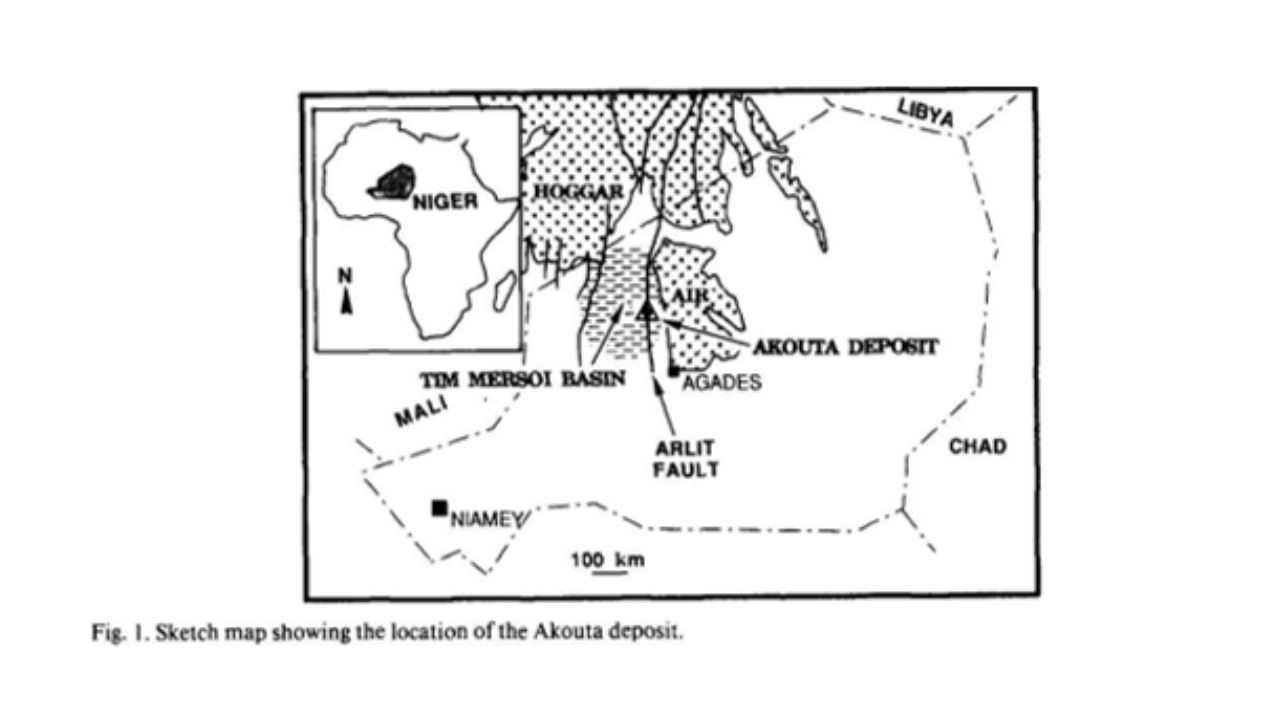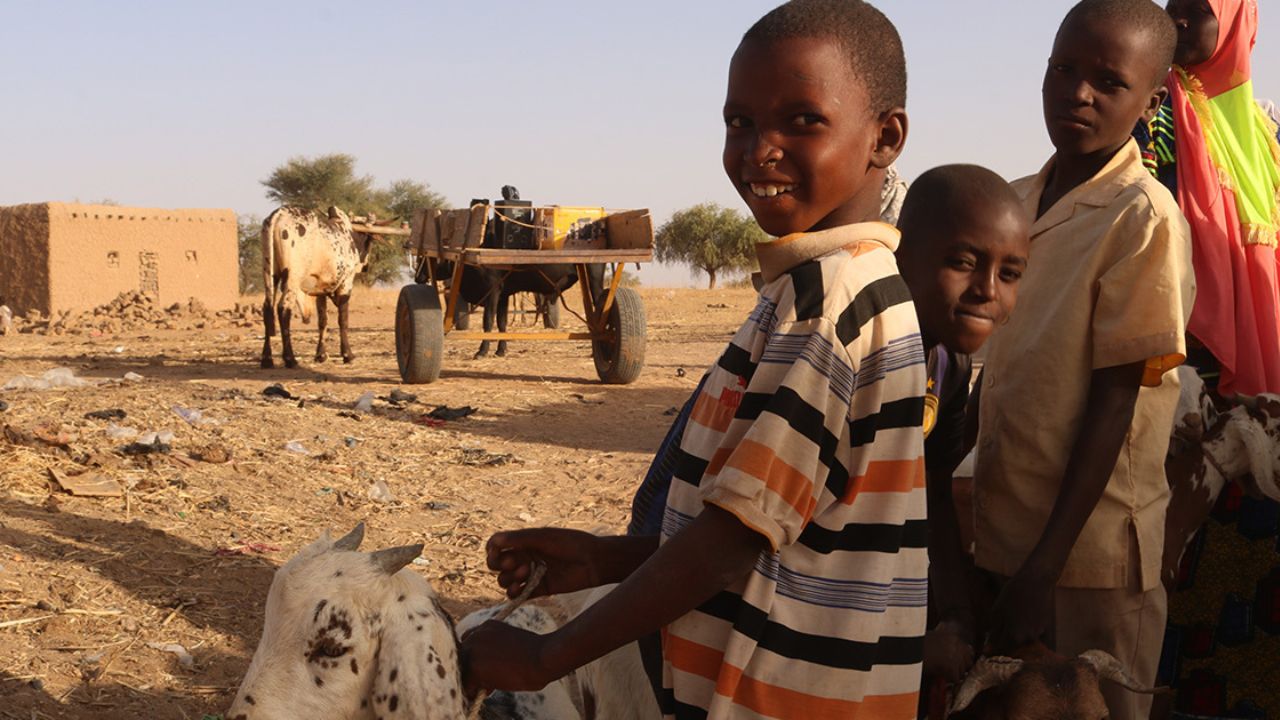There is not a single gold mine in France. Nevertheless, the formerly colonial state has the fourth-largest gold reserves in the world at 2,436 tons.
Mali (former French colony) has exactly 0.0 tons of gold, although it has several dozen mines (including 14 official ones) in the country, where about 70 tons of it are mined per year. Burkina Faso also mines about 60 tons per year. However, only about 10% of the revenue remains in the country and the remaining 90% goes to multinational gold mining corporations.
France closed the last of its 210 uranium mines in 2001. Since then, all the problems associated with uranium mining, which is harmful to the environment and health, including the risk of radioactive contamination, have been exported elsewhere as a precaution. The West African country Niger accounts for about a quarter of Europe's uranium imports and a third of France's, which with 56 nuclear power plants is one of the world's leading exporters of nuclear power. The input required for operation is procured by the nuclear group Orano (formerly Areva), which is located in one of the largest buildings in the Parisian capital district "La Défense". In Niger, this Orano group owns three large uranium mines, as well as a majority stake in Niger's state-owned company for uranium processing (Somair).

Niger has the highest-grade uranium ores in Africa and is the seventh-largest uranium producer in the world, but according to the World Bank, 81.4% of its citizens are not even connected to the electricity grid. 40% live below the poverty line, one-third of children are underweight, and the illiteracy rate is 63%. Only half of the inhabitants have access to clean drinking water, and only 16% are connected to a sanitation system.
The total state budget of Niger, one of the largest countries on the African continent, is USD 4,934 billion, which is no larger than the annual turnover of this French nuclear company. Despite its uranium and gold deposits, Niger recently ranked 189th out of 191 countries in the development index.
In the course of decolonization in the 1960s, France released the former colony into formal independence, but left them state and legal systems that were designed - as in colonial times - to “control” the population with as little effort as possible on the one hand and to export as many raw materials as possible on the other.
It is not enough that France, through the so-called colonial pact in Francafrique, has continued to secure for itself the right of first refusal to all natural resources and privileged access to state contracts. Since then, it has also been imposing its insane colonial currency, the CFA franc, on the states, making any autonomous monetary, economic or social policy of the (formally sovereign) states permanently impossible. The 14 CFA-franc states are not only chained to the euro by an exchange rate that depends solely on France (which resulted in a 50% devaluation in 1994), but have also lost all access to 85% of their currency reserves, which they are forced to deposit with the Agence France Trésor.
All CFA-States are highly commodity-rich and no less indebted. Burkina Faso, Mali, Niger are among the poorest countries in the world despite their immense mineral resources. "My generation doesn't understand," says Burkina Faso's 35-year-old head of state, Ibrahim Traoré. "How can Africa, which has so much wealth, have become the poorest continent in the world?"
Quite simply, describes U.S. political scientist Michael Parenti: poor countries are not "underdeveloped" but overexploited.







